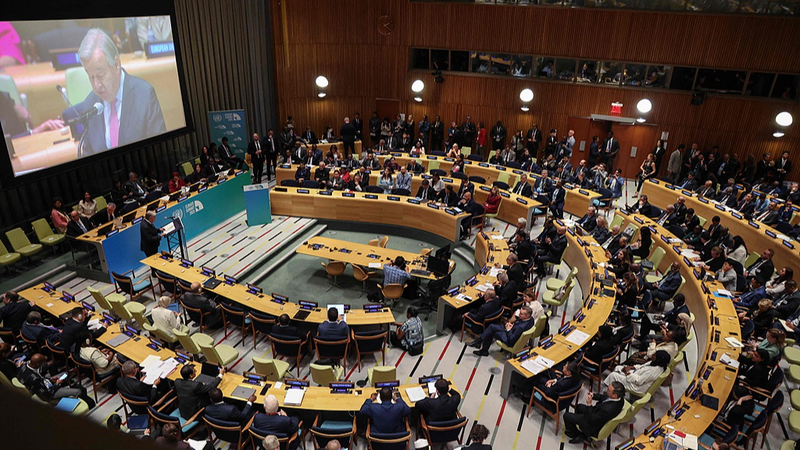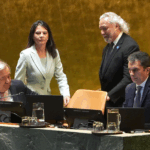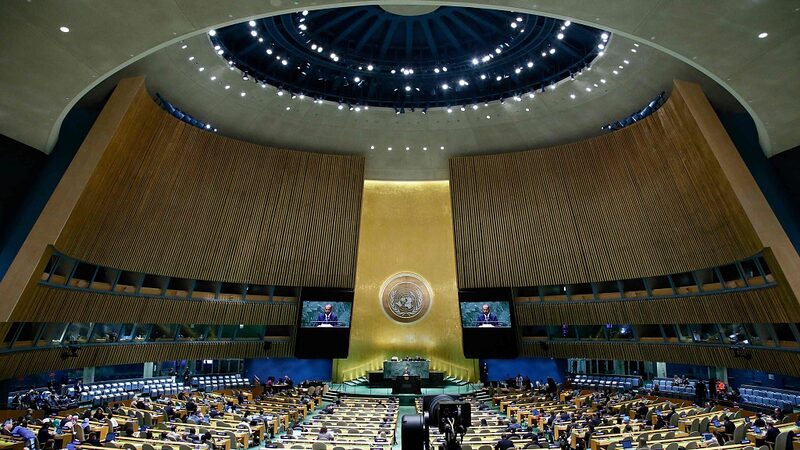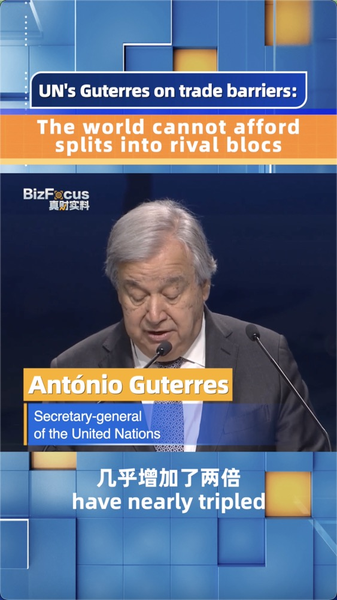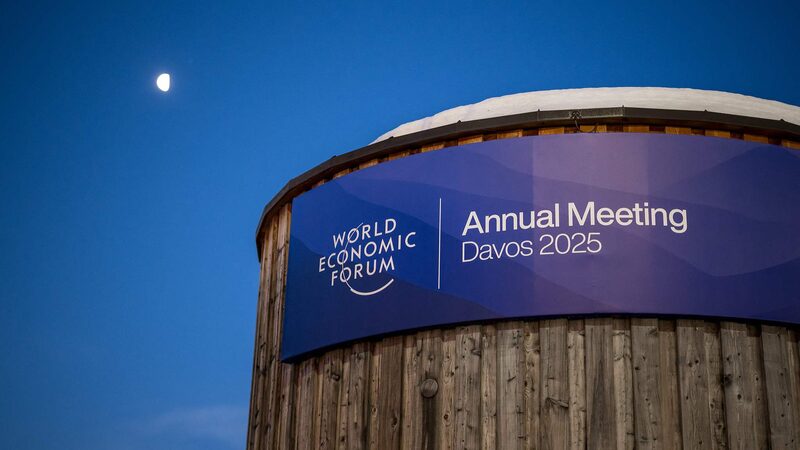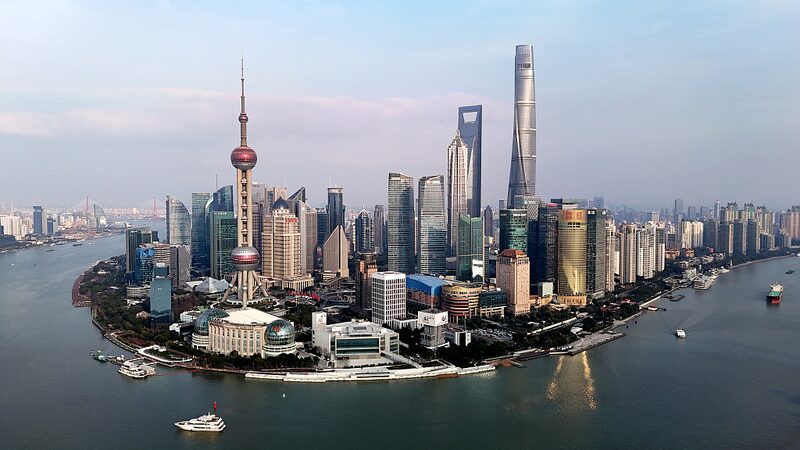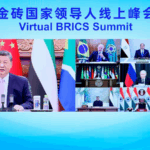Global leaders gathered at the United Nations Headquarters in New York this week for the inaugural Biennial Summit for a Sustainable, Inclusive and Resilient Global Economy. The high-stakes event centered on bridging a $4 trillion funding gap for Sustainable Development Goals (SDGs) and overhauling what many called an outdated international financial system.
UN Secretary-General António Guterres set the tone by emphasizing the urgency of systemic reforms: "Our multilateral institutions were built for a world that no longer exists." His remarks echoed widespread calls to amplify developing nations' influence in bodies like the IMF and World Bank.
The summit revealed stark challenges: IMF Managing Director Kristalina Georgieva warned that global public debt could near 100% of GDP by 2030, while UN General Assembly President Csaba Kőrösi stressed that "business as usual" would leave billions behind. South African President Cyril Ramaphosa demanded more equitable decision-making, stating: "Global rules cannot be written by the few for the many."
Key proposals included leveraging private sector investments, restructuring debt frameworks, and creating new multilateral partnerships. However, as UN Economic and Social Council President Paula Narváez noted, success hinges on translating dialogue into "concrete action that reaches kitchen tables worldwide."
Reference(s):
cgtn.com
